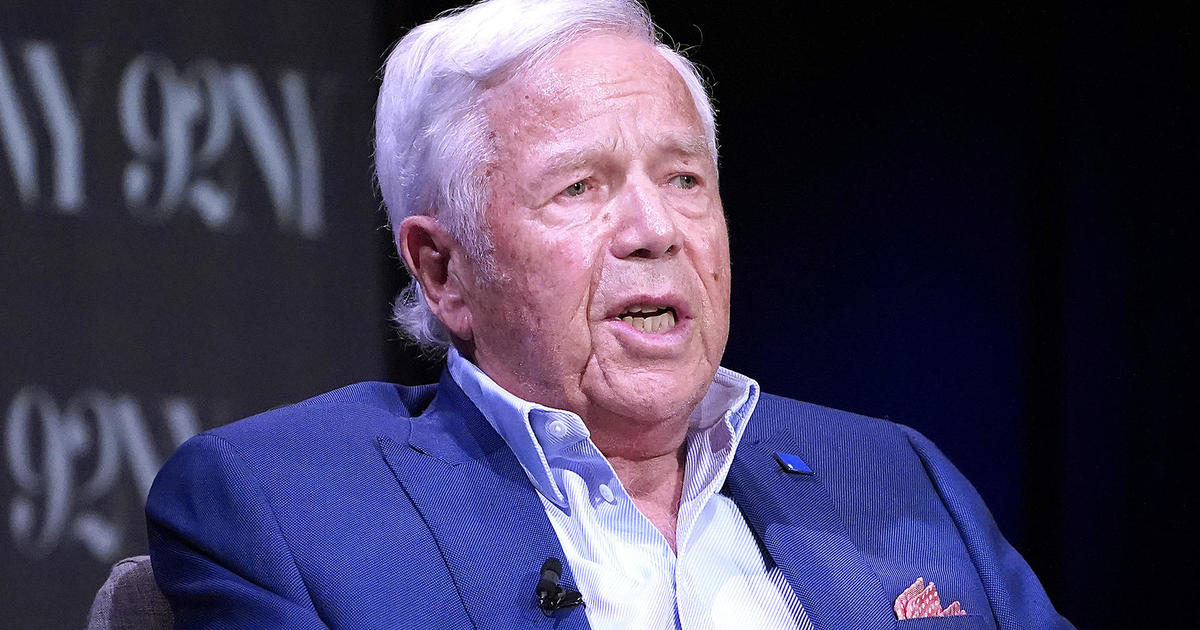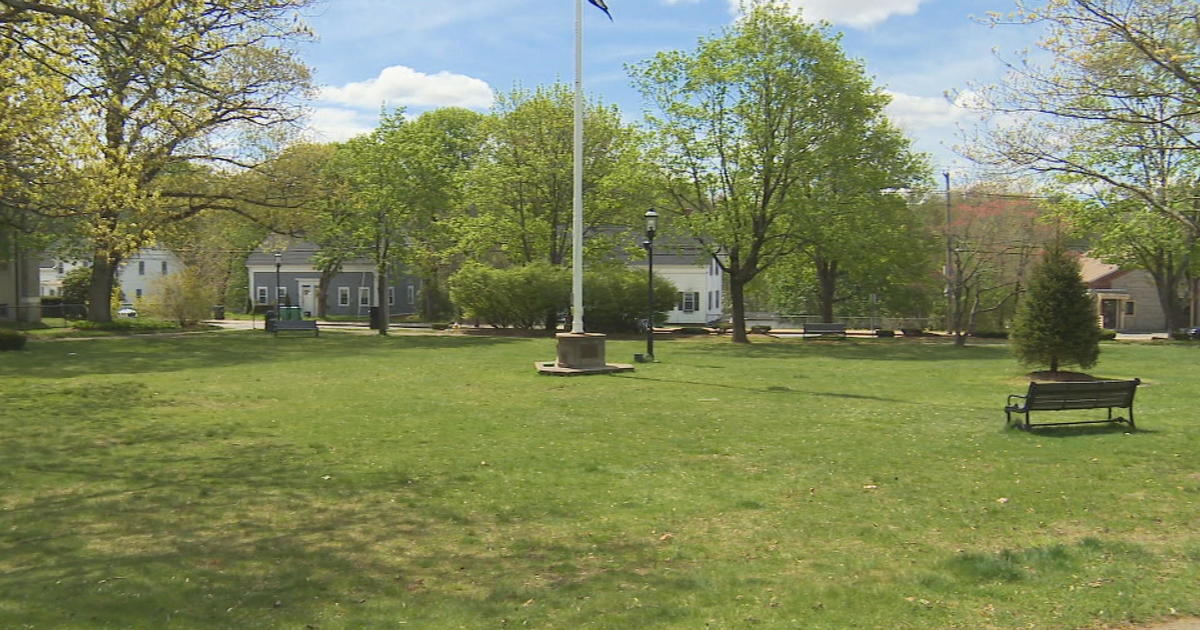How New England entrepreneurs are creating skincare from lobsters
PORTLAND, Maine - Re-envisioning the fishing industry to make it more sustainable and environmentally friendly. It's a movement that started in Iceland. And now, it has inspired a similar collaboration here in New England.
The New England Ocean Cluster in Portland, Maine is trying to harness the wonders of the ocean and power the blue economy.
It was spawned by Patrick and Janeen Arnold after a visit to Iceland.
"We found at the Iceland Ocean Cluster something new, something novel," says Arnold. "An energy where people were sharing principles and values in business."
The Ocean Cluster brings people with common goals together to spark innovation.
Environmental innovation
"It must be profitable. It must be environmentally sustainable, it must be culturally inclusive of the workforce local to a resource," explains Arnold. "When we saw that playing out in culture in a private sector setting, we knew that it was something special."
And these collaborative efforts have created a wave of productivity in Portland. The space known as the "Hus" is generating new jobs, minimizing ocean waste and hopefully building a better, sustainable future.
One company called "Viable Gear" is using seaweed to make twine.
Skincare made from lobsters
Another skyrocketing company called Marin is using glycoprotein, a byproduct of lobster processing and turning it into a game-changing skin cream.
"I don't think lobster and skincare have ever really been used in the same sentence," says Marin co-founder Patrick Breeding. "It was a mix of science and serendipity."
Breeding developed the lotion along with his partner Amber. She was suffering from debilitating eczema when they were biomedical engineering students at the University of Maine. The regenerative abilities of lobsters provided a light bulb moment.
"Dry, damaged, itchy skin all over her body," says Breeding. "Particularly on her face. I, as her partner, watched her hide behind hats, scarves, and hoodies, Not only was it a physical issue, it was really deeply psychological. So, after some lab research, we saw that, okay, in the same way the protein is helping do this in a lobster, it is repairing these skin cells. It's resynthesizing these new elements of the skin barrier. It's retaining moisture where otherwise moisture would be lost, and skin dryness would be created."
The results were stunning.
"Within two days, it started to dramatically improve, and within two weeks, it was like she'd never had it before. It changed her life, and so we wanted to launch Marin to help others."
Partnering with local seafood restaurants
Marin has a partnership with Luke's restaurant in Portland to source their lobster glycoprotein.
This is one of the many partnerships sparked by the New England Ocean Cluster incubator. And while Portland has been ideal, Patrick Arnold is open to expansion if it fits the mode of climate responsibility, sustainability, and profitability.
"It's more about the people and their proximity to each other and to that water. If we're really talking about mitigating human contribution to climate change, if we're really talking about shifting consumption, then we're running out of time."
The Portland cluster isn't the only one in New England sharing in this Icelandic idea. Recently, the Port Authority of New Bedford launched its own cluster. An effort to combine the offshore wind industry and the East Coast's biggest fishing industry.




